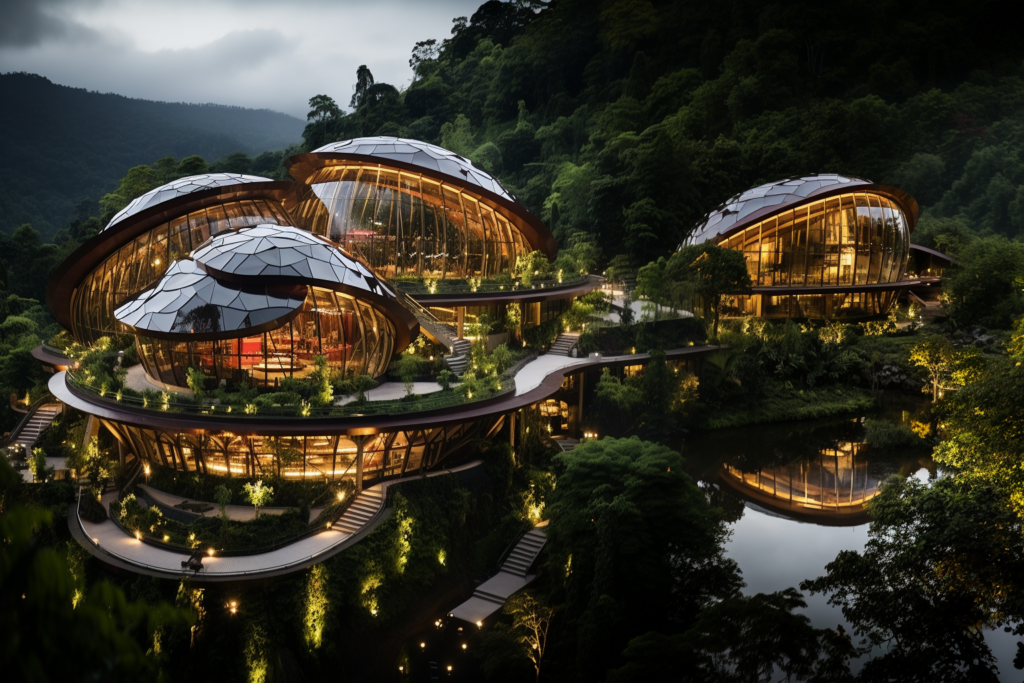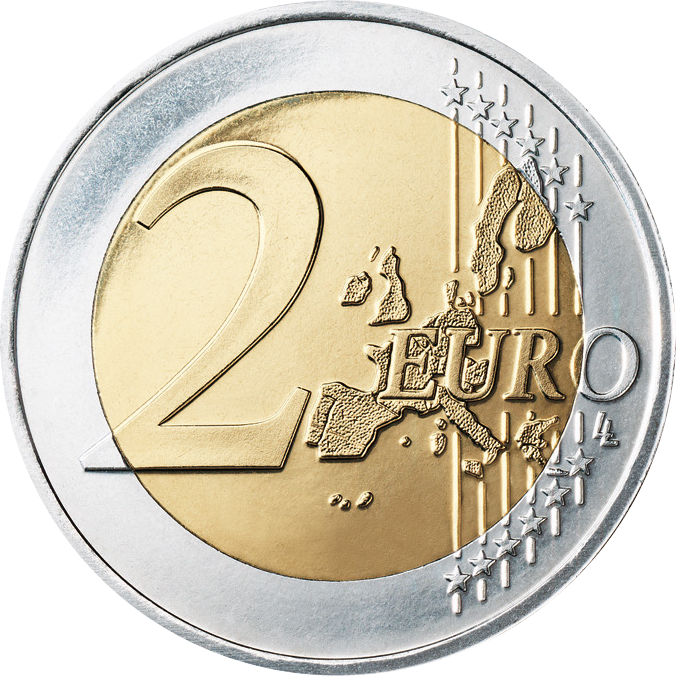
Planetary Democracy
We are advocating a Planetary Parliament in which the entire planet with all living beings and natural spaces is represented.
Why a Planetary Parliament?
Around 2 million animal and plant species are threatened with extinction and the planetary boundaries have already been exceeded in many cases. Despite these developments, there is no political solution in sight. The laws to protect nature are currently not sufficient to stop the rapid global extinction of species. This is partly due to the fact that nature is heavily marginalised in legislative processes as it is not represented in parliament. This also harms us humans, because without a sufficient diversity of animals and plants and intact ecosystems, we cannot survive.
Another challenge in solving global problems lies in the fact that decisions involving almost 200 sovereign states must be made according to the unanimity principle. This means that all states can threaten and use vetoes. Such voluntary agreements based on the consensus principle, as are common in the Intergovernmental Panel on Climate Change, for example, take a long time and are usually not sufficient to solve the problems. This is because nation states often pursue their own interests, block each other and shirk their responsibilities.
How can the Planetary Parliament work?
We live in an earth system that consists of a multitude of natural spaces and living beings. The different species and regions can be grouped together and each group is given a seat in parliament. In this way, representatives of frogs, trees, rivers and mountains can negotiate laws that protect the interests of their entities.
With our initiative, we want to initiate a scientific and social discourse on how such a representative body can be designed and developed as effectively as possible. We propose establishing the Planetary Parliament at the United Nations as a second chamber, alongside the United Nations Parliamentary Assembly (UNPA). While the UNPA deals with intergovernmental and human issues, the Planetary Parliament can deal with Earth system issues.
The Planetary Parliament is not intermingled or fused with the executive branch. This is to overcome government-opposition dynamics, which would not help to represent the planet as a whole. The right of initiative, i.e. the right to introduce bills, is exercised by the parliamentary groups instead. The Planetary Parliament is also not dependent on conventional parties. Political processes can therefore be characterised more by cooperation than competition. The nomination of candidates can be taken over by environmental protection organisations instead. Instead of nominating people from their own ranks, external experts with the best suitability, like scientists or members of indigenous communities, can be nominated. The focus would then not be on maintaining and expanding power, but on competing for the best ideas
In our policy paper, we show in detail what a Planetary Parliament could look like.


Our demands!
Because the establishment of a Planetary Parliament is a highly complex project, we want to take small, manageable steps along the way. As a first step, we call for the development and establishment of an institutional mechanism for the political representation of nature at European level. Our proposal is the creation of two EU Commissioners for the protection of living beings and natural spaces. Environmental protection organisations (as defined in Article 11 of the Aarhus Regulation) should be able to nominate external candidates for the two seats who would then be elected by Parliament in the same way as the other Commissioners.
In the medium term, we call for the creation of an EU Nature Parliament as an additional legislative body as part of a separate decision-making procedure for legal acts that affect the integrity of nature.
In the long term, we call for the European Union to participate in the development and introduction of a Planetary Parliament. In this supranational parliament, all living beings and natural spaces should be politically represented. The European Union should use its diplomatic relations to win over other nation states and multinational organisations for cooperation.
How do the representatives know what nature wants?
Because representatives cannot consult nature they will never be able to determine nature’s needs and requirements precisely. Nature’s representatives will therefore have to act to the best of their knowledge and belief. But they are not in the dark. Through thousands of years of observation and scientific research, humans have already built up a wealth of knowledge about the conditions under which various living organisms thrive best and how the material cycles of natural environments can be kept stable.
How can we ensure that representatives act in the interests of nature?
The EU Commission, which currently has 27 Commissioners, is the only EU institution authorised to propose legislation. Each member state appoints one Commissioner. The EU Parliament must approve the proposals. To ensure that the representatives of living creatures and natural spaces represent the interests of nature, they should not be delegated by states. Instead, environmental organisations should be able to propose external candidates who, like the other commissioners, are elected by the Parliament.
Has there ever been anything like this?
The history of democracy is characterised by expansions of the demos (= electorate). At the very beginning of the Attic democracy, only 15 – 20 % of the population had the right to vote. The introduction of women’s suffrage was the most extensive expansion of the demos to date. The global trend towards extending voting rights to foreigners and lowering the voting age is also considered a social success in strengthening democracy. The political representation of nature is also in line with the most fundamental principles of democratic theory. Accordingly, everyone who is directly or indirectly affected by a political decision must be included in the decision-making process.
Planetary democracy in the sciences
Online articles
The Guardian:
Could 2024 be the year nature rights enter the political mainstream?
Futurium: How can we Think Like a Planet?
Deutschlandfunk: Wo bleibt das Parlament der Dinge?
Paper
Joe Gray et al.: Ecodemocracy: Operationalizing ecocentrism through political representation for non-humans
Joana Castro Pereira et al.: Non-Human Nature in World Politics
Pablo Magaña: The Political Representation of Nonhuman Animals
Anthony Burke et al.: Planet Politics: A Manifesto from the End of IR
Robyn Eckersley: Representing nature
Books
Frederic Hanusch, Claus Leggewie et al.: Planetar denken
Bruno Latour: Das Parlament der Dinge
Jo Leinen, Andreas Bummel: Das demokratische Weltparlament
Murray Gray: Geodiversity – Valuing and Conserving Abiotic Nature
Research-Institutes
Planet Politics Institute
Panel on Planetary Thinking
Earth System Governance Network

Get involved!
Do you want to share your ideas and talents with us to shape a hopeful future for Planet Earth? Let us know what skills you want to contribute, and we’ll let you know how you can take part!

Support us today!
We need your support for the upcoming election campaigns and to promote research on planetary democracy! Together we spark public debate and develop solutions for Planet Earth! As a gift, you receive our popular sticker set!
Please note that contributions are not tax-deductible
